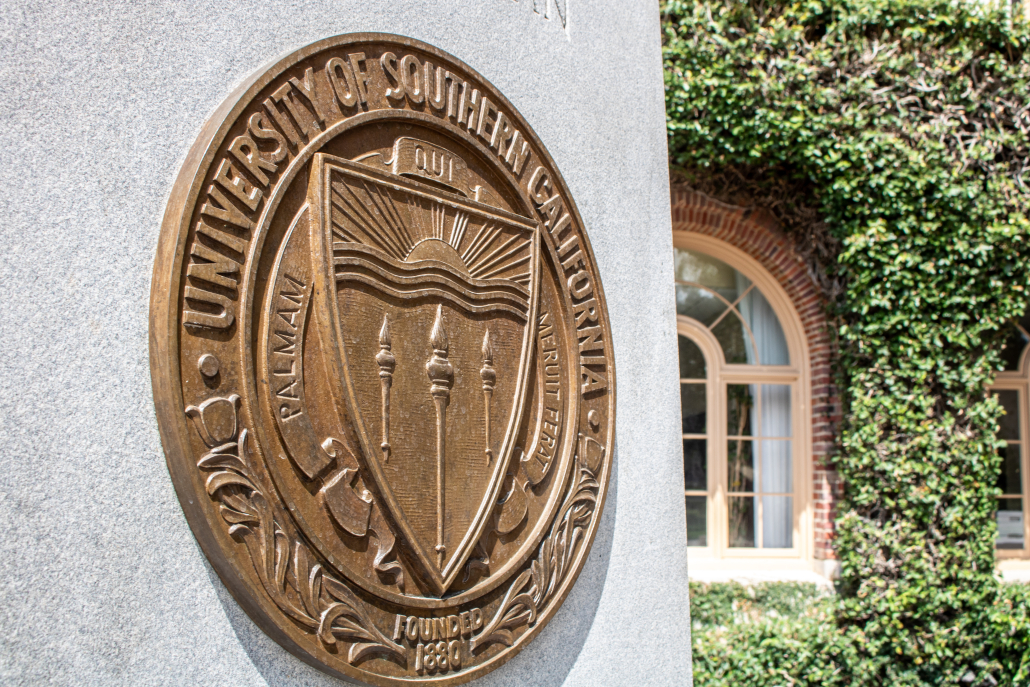Former USC Trustee acquitted in foreign lobbying trial

USC graduate and former board of trustees member Thomas J. Barrack Jr. was acquitted Friday in the Eastern District of New York courthouse on charges that he illegally lobbied for the United Arab Emirates from April 2016 to April 2018.
Barrack, founder of global investment firm Colony Capital LLC, was an advisor to former President Donald Trump and chair of his 2017 Inaugural Committee. Prosecutors accused Barrack of using his political influence to promote UAE’s interests in the White House.
Barrack graduated from USC in 1969 with a bachelor’s degree and later attended Gould Law School. When he was arrested in July 2021, Barrack resigned from the USC Board of Trustees, a role he had been serving since 2012.
Barrack pleaded not guilty on nine counts, including acting as an unregistered agent for a foreign government, obstruction of justice and making false statements.
According to an International Business Times report, federal prosecutors in Brooklyn claimed that Emirati sovereign wealth funds invested $374 million in Barrack’s private investment firm, Colony Capital LLC, in 2017 and 2018.
However, Barrack testified that sovereign wealth funds from other countries in the Middle East, such as Qatar and Kuwait, played a more significant role in the development of his firm than those from the UAE.
Barrack’s defense mentioned his close relationship with Qatar, UAE’s political rival in the region, to prove his independence from the UAE.
In 2017 UAE broke diplomatic relations with Qatar, accusing the latter of supporting Islamic extremists. Qatar denied the assertion, and the two countries didn’t restore diplomatic ties until Jan. 2021.
The Foreign Agents Registration Act, passed in 1938, requires persons representing foreign interests to register with the Department of Justice and disclose their relationship, activities and related financial compensation. To prove Barrack is guilty, prosecutors had to prove that he acted under the UAE’s direction and control.
Prosecutors offered the jurors text messages and emails that suggest Emirate officials provided feedback to Barrack on what he should say in television interviews and in an opinion article about U.S. foreign policy in the Middle East.
Barrack’s lawyers’ defense asserted that the interaction with Emirate officials was part of his job to lead Colony Capital LLC and that Barrack acted on his own will the entire time.
After three days of deliberation, jurors reached their verdict, finding Barrack not guilty of all counts.
“The system is amazing. People are amazing. I have no hostility, I’m just proud to be an American,” Barrack said in a Nov. 4 interview outside the courthouse.

